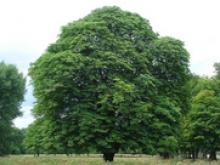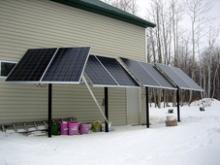Starbucks' Hunt For The Recyclable Cup
Fast Company has a surprisingly nuanced article about the difficulties Starbucks has faced in creating their holy grail: a 100% recyclable paper cup.
Paper cups have a wax coating so they can't be recycled with the regular paper. They would need to be sorted out, in an entirely separate box. Or - more likely, given the current technology - picked out of the conveyor belt by hand.
(I have my own solution to this problem: a travel cup system that works the same way as glass bottles for milk. When you buy glass bottled milk you pay a deposit - usually around $2.50. The next time you buy milk you bring the old bottle in and exchange it.
If you forget to bring the old bottle in, you just pay another $2.50. Inevitably you end up with a bunch of extra empty bottles - just bring them into the store and get $2.50 back for each of them. The fee is enough to cover the expense of carting away the old bottles and sterilizing them.
Paper cups have a wax coating so they can't be recycled with the regular paper. They would need to be sorted out, in an entirely separate box. Or - more likely, given the current technology - picked out of the conveyor belt by hand.
(I have my own solution to this problem: a travel cup system that works the same way as glass bottles for milk. When you buy glass bottled milk you pay a deposit - usually around $2.50. The next time you buy milk you bring the old bottle in and exchange it.
If you forget to bring the old bottle in, you just pay another $2.50. Inevitably you end up with a bunch of extra empty bottles - just bring them into the store and get $2.50 back for each of them. The fee is enough to cover the expense of carting away the old bottles and sterilizing them.


